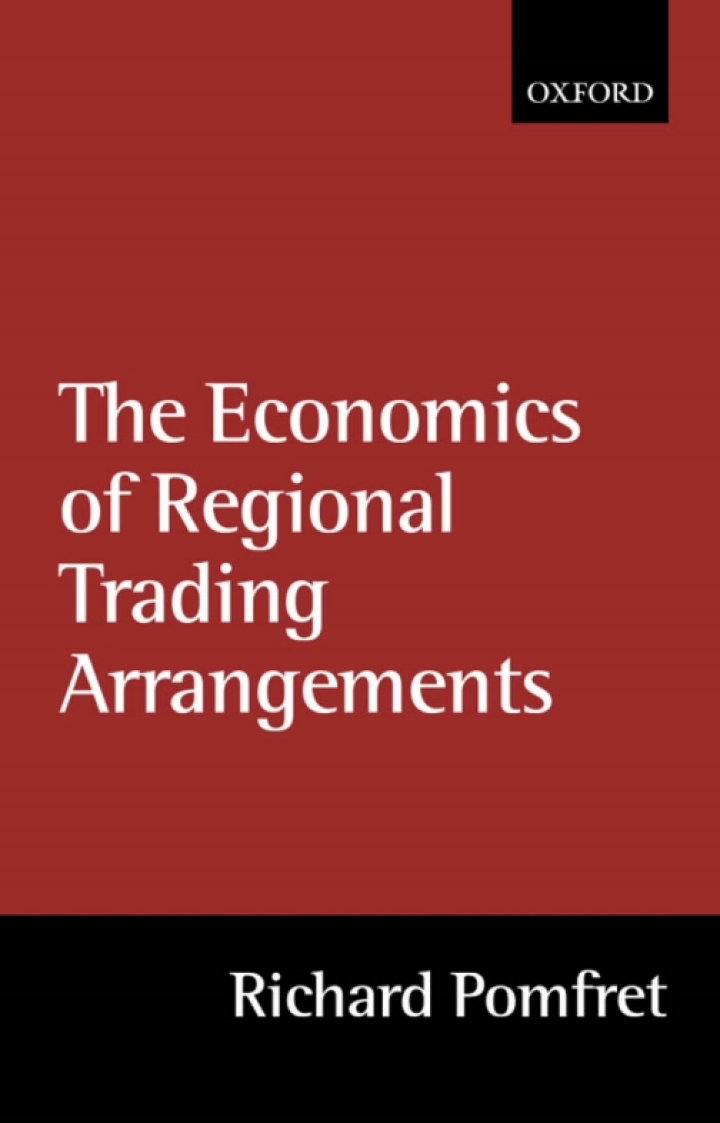The Economics of Regional Trading Arrangements
$24.38
Attention: This is just ebook, Access Codes or any other Supplements excluded! / File Delivery: Sent Via Email within 24 hours!
SKU: 25343acff84f
Category: Law Textbooks
Description
-
Author(s)Richard Pomfret
-
PublisherOUP Oxford
-
FormatPDF
-
Print ISBN
9780199248872, 0199248877 -
eText ISBN
9780199248872, 0199248877 -
Edition
-
Copyright
- Details
The Economics of Regional Trading Arrangements provides a unified analysis of policies which discriminate among trading partners. With the European Union’s 1992 programme, the formation of NAFTA, and attempts to form or strengthen regional trading arrangements in South America, southern Africa, and Southeast Asia regionalism became a major issue in international commercial diplomacy during the early 1990s. The proliferation of RTAs was viewed by some as a challenge, and by others as a complement, to the establishment of the World Trade Organization as the successor to GATT. Richard Pomfret analyses the new RTAs, situating them in the broader realm of discriminatory trade policies for which there is a well-defined body of theory and empirical studies, before asking whether the new regionalism requires new theoretical analysis. His approach is to combine in roughly equal proportions history, theory, and a review of empirical studies. This is appropriate given that the key theoretical result is the welfare ambiguity of discriminatory trade policy changes. Empirical studies can provide a sense of which of the potentially offsetting effects are more or less important. Since some effects may take a long time to have their full impact and may be systemic, it is also useful to observe how RTAs have evolved in practice. This new-in-paperback edition of The Economics of Regional Trading Arrangements includes a brand-new Preface in which Pomfret surveys three important developments that occurred during the second half of the 1990s: the onset of a third wave of regionalism, the reintegration of formerly centrally planned economies into the global trading system, and theoretical developments, including the significance of national boundaries. This up-to-date survey will appeal to trade theorists as well as to anyone involved in policy institutions.
Related products
-

Against Capital Punishment
Rated 0 out of 5$12.35 Add to cart -

A Measure of Freedom
Rated 0 out of 5$29.25 Add to cart -

Challenges for Humanitarian Intervention 1st Edition Ethical Demand and Political Reality
Rated 0 out of 5$27.62 Add to cart -

Challenging Acts of International Organizations Before National Courts 1st Edition
Rated 0 out of 5$43.88 Add to cart

